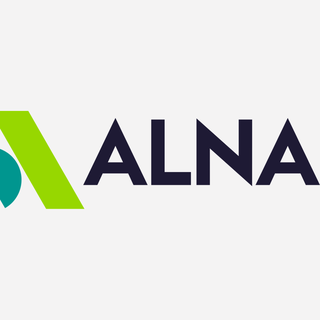Our History
ALNAP was established in 1997, as part of the humanitarian community’s response to the Joint Evaluation of Emergency Assistance to Rwanda, following the country’s 1994 genocide.
The sense was that the system had failed in its response to that crisis. It was clear more rigour was needed when evaluating what worked and what did not, with better communication of learning and practice.
Created to establish a system-wide mechanism to generate evidence, ALNAP works to bring people together to learn, and to find collective ways to improve humanitarian action.
For more than 25 years since, we have sought to improve the quality, availability and use of knowledge, learning and evaluative evidence from humanitarian responses, and to continually assess the performance of the humanitarian system.
Our membership of more than 100 organisations has grown and now represents the full diversity of the formal humanitarian sector.
Timeline of key crises and events
1997 - ALNAP established
1997 - The SPHERE project established
1997 - UN Guiding Principles on Internal Displacement established
2004 - Darfur crisis begins
2004 - Indian Ocean earthquake and tsunami
2005 - Cash transfer programming used on a small scale in Aceh, Indonesia
2005 - Central Emergency Response Fund (CERF) launched
2005 - Responsibility to Protect (R2P) principle adopted
2005 - Humanitarian Cluster System activated for the first time
2006 - TEC Synthesis Report recommends increased local ownership and accountability in responses
2008 - Cyclone Nargis hits The Philippines
2009 - Gaza crisis begins
2009 - Cash and Learning Partnership (C&LP) officially launched
2010 - Mobile technology widely used in humanitarian responses
2010 - The first State of the Humanitarian System (SOHS) report launched
2010 - Haiti earthquake
2013 - Core Humanitarian Standard launched
2013 - Several severe emergencies trigger international responses, e.g. Syria, The Philippines & The Central African Republic
2015 - Over 1 million refugees & migrants arrive in Europe
2015 - ALNAP hosts The Global Forum
2020 - Coronavirus global pandemic breaks out
2021 - Accelerated climate crisis exacerbates humanitarian emergencies
2022 - Ukraine crisis begins
2022 - Vast majority of humanitarian needs are now prolonged crises, e.g. Syria, Yemen, the DRC & Afghanistan

